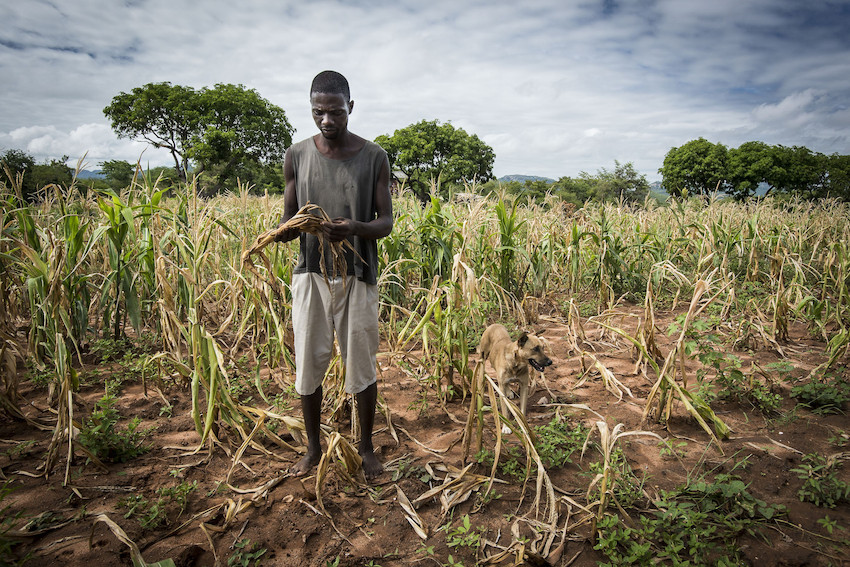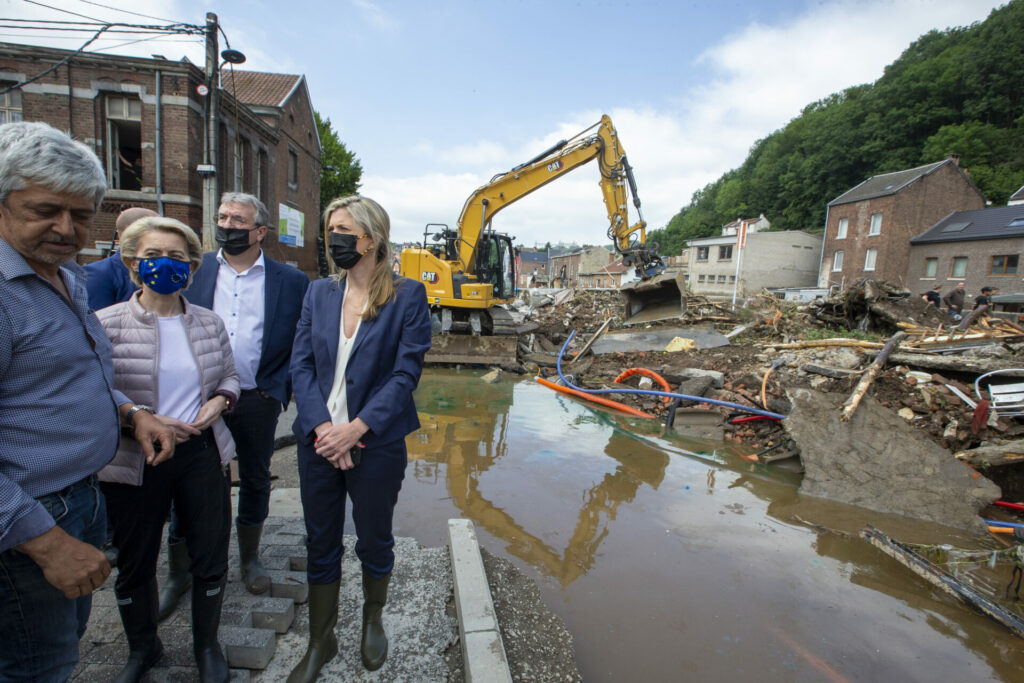Economists are underestimating the economic impacts of climate change, thereby discouraging financial sectors and governments from investing in carbon emission reduction, says non-government organisation (NGO) Finance Watch.
The report cites scientific projections that the world is on track for +3°C global warming by the end of the century. Though climate models vary significantly depending on how global efforts to reduce greenhouse gases evolve, the IPCC currently forecasts warming within the range of +1.2°C and +4.1°C by 2100.
"Risks associated with climate change are being modelled similarly to traditional financial risks", states Thierry Philipponnat, chief economist at NGO Finance Watch and author of a report titled 'Finance in a hot house world', published Tuesday.
More than any other determinant, economic performance is arguably the most vital factor that dictates the prospects of a nation. It governs what standard of living citizens enjoy, what public projects a state might embark upon and what measures can be implemented to protect their prosperity.
In such a world order, economic forecasts play a crucial role in deciding how businesses and countries spend money and which policies they pursue. The revelation that such influential models fail to grasp the severity of crises that global warming will bring presents an existential threat to life as we know it.
Following the wrong map
Philipponnat stresses that "losses related to climate change will be substantial, unpredictable and permanent". This assertion is supported by the most robust scientific consensus represented in the IPCC, which states that "exposure to multiple and compound climate-related risks is projected to increase between 1.5°C and 2°C of global warming."
Climatologists have been trying to impress the cumulative threat of climate destabilisation, which together will magnify the harm to human activity (and plants and animal species). But their warnings have had limited effects on international policy, with scientists highlighting a lack of global cooperation, lack of governance, and even increases in resource-intensive consumption that exacerbate global warming.

Developing countries are disproportionately worse affected by climate change. Credit: Oxfam
Finance Watch seeks to make world leaders and economic actors understand that effects such as permafrost melt and forest fires will result in economic losses "far surpassing those of recent financial crises". It argues that a "cognitive dissonance" leads stakeholders make poor decisions that are based on unsuitable economic calculations.
"Policymakers’ economic models only forecast a mild level of losses due to climate change" and their predictions are "highly unrealistic", the report suggests. This skews cost-benefit analyses required for developing climate-change counteracting policies and investments in transition, the Belgian NGO argues.
Related News
- New report warns about tipping points with irreversible impacts on people and planet
- Are electric cars too cheap to drive? Transport economists argue for higher taxes
Finance Watch was founded in the wake of the 2008 financial crash to serve as a "counter-power to the lobby of finance". It stresses that the authorities charged with regulating the financial sector lack the tools to prepare the financial system for losses that will come with climate change.
It consequently welcomed intervention from the EU that pushes for a 55% reduction scenario in greenhouse gas emissions by 2030 (the so-called Fit For 55 policy).
According to the IPCC, limiting global warming to 1.5°C by 2100 requires reaching net zero CO2 emissions globally around 2050. It is unclear whether the EU will succeed in its aim to achieve net-zero greenhouse gas emissions by 2050. Even less certain is that the whole world will have zero emissions by then.

